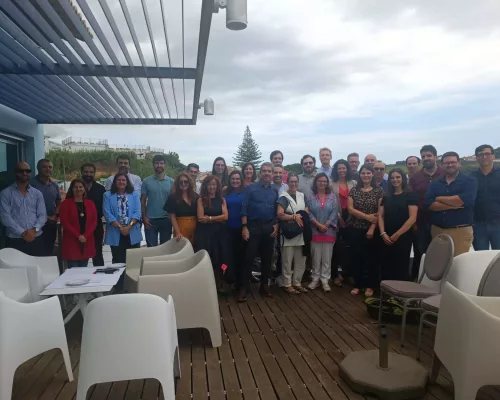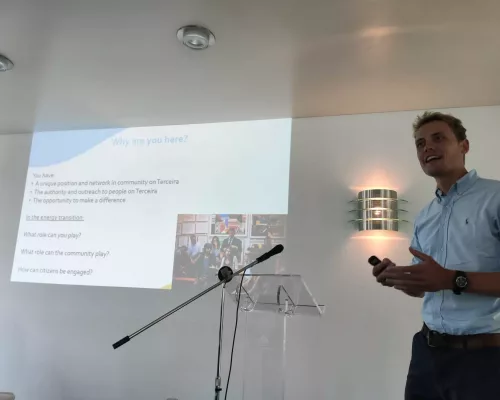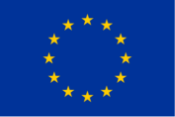Home » RECAP CAPACITY BUILDING TRAINING SESSION ON TERCEIRA ISLAND
Energy transition on islands is not only a matter of technology, but also about involving local citizens and stakeholders in the decision-making process. They are the ones who can shape the energy transition on their island! In this context, several training sessions took place last week on Terceira, Azores, as part of the IANOS project Work Package 8.
Three training sessions were provided by New Energy Coalition, EDA, Regional Government of the Azores, UNINOVA and with guest speaker CleanWatts. We presented the technical and nontechnical aspects of the Terceira energy transition within IANOS, and we organised interactive workshops giving local stakeholders the space to discuss their own ideas about community engagement. The interactive sessions involved and motivated professionals, civil servants, industry representatives, environmental associations, school staff and other islanders to consider how the energy transition can practically take shape on Terceira. At the end of this workshop, participants have been entitled to a certificate of participation issued by UNINOVA.
The sessions showed how important it is to raise awareness in the local communities and communicate and involve citizens in the benefits that the energy transition can provide. It also demonstrated the need for follow-up sessions of these trainings undertaken by locals – because real change must come from the people living on the island! The trainings on Terceira will function as inspiration for the upcoming capacity building trainings on Fellow Islands Lampedusa, Nisyros and Bora Bora, the first taking place on Lampedusa in October 2023.
The input from the training on Terceira, Samsø in March of 2023, and from the questionnaire will inform the upcoming deliverable about the IANOS community engagement activities, due in the autumn of this year. Stay tuned!




H2020-LC-SC3-2018-2019-2020 / H2020-LC-SC3-2020-EC-ES-SCC
EUROPEAN COMMISSION
European Climate, Infrastructure and Environment Executive Agency Grant agreement no. 957810
This project has received funding from the European Union’s Horizon 2020 research and innovation programme under
grant agreement No 957810. This website reflects only the author’s view and the European Climate, Infrastructure and
Environment Executive Agency (CINEA), under the powers delegated by the European Commission, is not responsible
for any use that may be made of the information it contains.